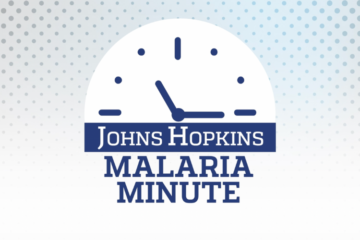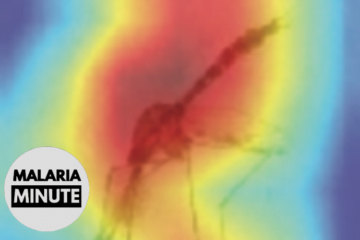The Latest Malaria News, in 60 Seconds.
Researchers reveal the importance of antibody affinity and dissociation constant in parasite neutralisation.
Malaria Minute on iTunes and Spotify
Transcript:
The leading malaria vaccine candidate, RTS,S, targets the circumsporozoite protein and offers partial protection against the disease, with around 40% efficacy.
To better understand which antibody features improve protection from the parasite, researchers from the Scripps Research Institute and the Johns Hopkins Bloomberg School of Public Health have investigated a series of monoclonal antibodies induced by the vaccine.
It was found that antibody affinity – the strength of the antibody binding to the antigen – correlates positivity with levels of protection. For the first time, it was shown that the so-called dissociation constant is important for parasite neutralisation, a factor measured through the Koff value.
The researchers also found that the most potent antibodies recognised parasite antigens with particular conformational features, as evidenced through crystallography studies.
Taken together, these findings help to illustrate the biophysical characteristics of protective antibodies and will help to inform future vaccine development.
Sources:
Image Credits: US Army Africa [Flickr]


